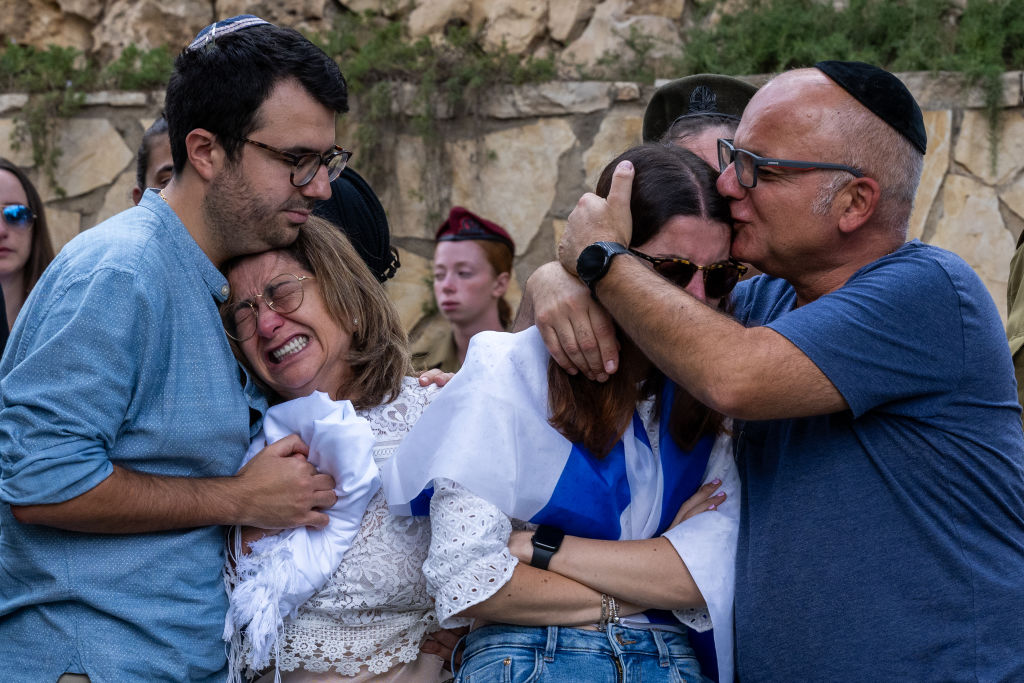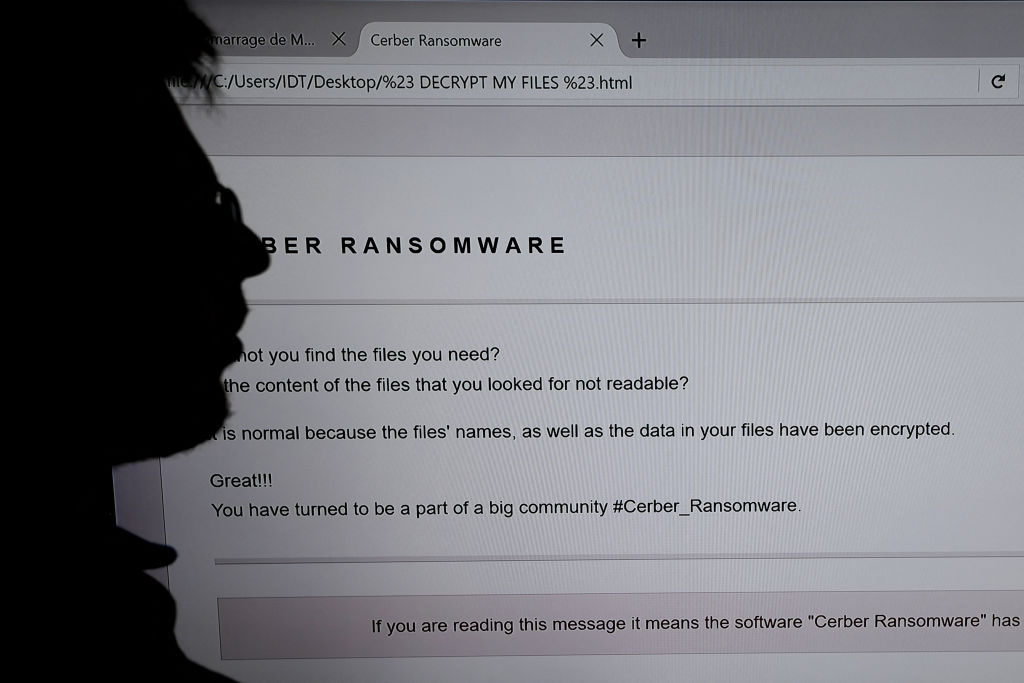Title: Families Desperate for Answers as Hamas Holds 220 Hostages in Gaza
Subtitle: Cyber Experts Join the Search for Missing Loved Ones
In a harrowing turn of events, Hamas militants have taken 220 individuals hostage in Gaza, leaving their families in a state of desperate uncertainty. The ordeal began on October 7, when Hamas militants forcefully breached the Gaza border, causing chaos and abducting men, women, and children. As the situation unfolds, families are desperately searching for any signs of hope.
One family caught in this nightmare is the Polin-Goldberg family. Their 23-year-old son, Hersh Goldberg-Polin, a dual Israeli-American citizen, went missing during the attack. The family received two heart-wrenching WhatsApp messages from Hersh just before the chaos unfolded, saying “I love you” and “I’m sorry.” Jonathan Polin, Hersh’s father, discovered the messages upon returning from the local synagogue, where air raid sirens had startled the community. Initially, the family thought Hersh was on a camping trip with a friend, only to learn that he had attended the Supernova trance music festival, where tragedy struck.
As families cling to any hope for answers, many have turned to social media in their search. The day of the attack was extensively documented online, with victims and perpetrators sharing footage. However, most of this documentation originated from within Israel, leaving families in limbo once their loved ones crossed into Gaza. In their search for information, families rely on the tracing of phone pings. These signals emitted by mobile devices can be used to approximate their location.
Scott Greene, a digital forensics expert, attests to the reliability of triangulation, a method that uses the signals phones emit during calls, messages, or internet access to determine their location. When Israeli authorities do not provide triangulation data, desperate families turn to find-my-phone features offered by iPhones and Androids. By providing the password to the device, they can request it to report its location, providing a glimmer of hope for confirmation on their loved ones’ whereabouts.
It is important to note, however, that phone pings are not indisputable proof of life. Phones can be separated from their owners and, in rare cases, provide inaccurate data. Tragically, there have been instances where the phone’s signal led to Gaza, only for the individual’s body to be discovered within Israel.
In the face of agonizing uncertainty, volunteer cyber experts have stepped forward to offer assistance. Surveillance companies, NSO Group and Candiru, have reportedly been asked to enhance their spyware capabilities to aid in locating the hostages. These volunteers, often cybersecurity professionals, use their expertise to help families. Omri Segev Moyal, CEO of Israeli cybersecurity firm Profero, mentions their involvement in tracking down phones and aiding relatives in locating their missing loved ones. The exact methods used by these volunteers remain closely guarded secrets to ensure the safety of the hostages, but they work tirelessly to reunite families.
As the search for the missing hostages continues, Tech Times will provide updates on the situation.




